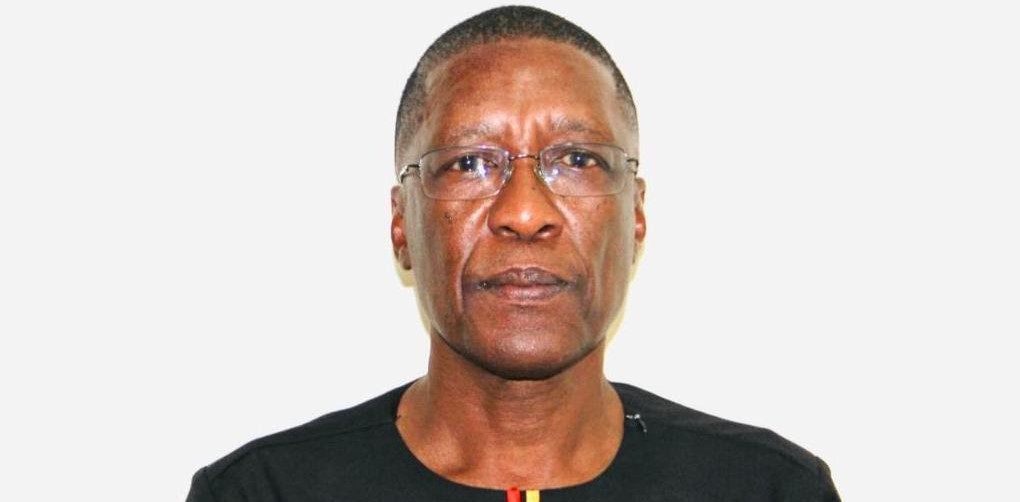The Reconstituted Joint Monitoring and Evaluation Commission (RJMEC) released its latest Quarterly Report on Thursday, documenting an upsurge in fighting between supposed peace partners in the implementation of the Revitalized Agreement on the Resolution of the Conflict in the Republic of South Sudan (R-ARCSS).
A press statement issued to Radio Tamazuj stated that the report covering the 3rd Quarter of the year (July 1st – September 30th, 2025), prepared pursuant to Article 7.9 of the R-ARCSS, reported an increase in clashes between Parties signatory to the R-ARCSS, which constitute violations of the Permanent Ceasefire.
“The clashes particularly involved South Sudan Peoples Defence Forces (SSPDF) and the Sudan People’s Liberation Army – In Opposition (SPLA -IO), across the Upper Nile, Jonglei, Western, Central and Eastern Equatoria States, signaling widespread breaches of the Permanent Ceasefire and Transitional Security Arrangements,” the statement reads in part.
According to RJMEC, the R-ARCSS faced renewed challenges following the Nasir incident (March 2025), a major violation of the Permanent Ceasefire, and its aftermath, which triggered arrests, detentions, and a judicial process currently ongoing.
“As a result of the serious violation of the permanent ceasefire by key signatory Parties, there has been no progress in the unification and deployment of forces. The little progress on the unification of forces that had been registered between August 2022 and January 2023 has been eroded by the ongoing fighting,” the report said. “The current political and security situation must be addressed urgently to return the implementation process on track to safeguard the gains of the peace Agreement and to prevent a relapse to violence in South Sudan.”
On the country’s election preparedness, the Commission said: “With barely 13 months left to the elections as scheduled, there is a need for expeditious implementation of the pending tasks of the constitution-making and electoral processes as they are interlinked. Implementation of most of these tasks requires funding.”
Additionally, the National Election Commission (NEC) is faced with several challenges, among others, a lack of political will, persistent security concerns in the country, and inadequate and delayed funding disbursement, the report added.
On the humanitarian front, the Commission reiterated the urgent need for the lifting of access restrictions by armed actors and assurance of the safety of humanitarian workers to enable the urgent delivery of assistance to the affected communities.
Notwithstanding the numerous setbacks that faced the implementation of the R-ARCSS during the reporting period, the Commission said, South Sudan was not left alone.
“All diplomatic concerted efforts by the partners at the regional and international levels were invested in restoring the sanctity of the R-ARCSS,” the report stated. “The efforts are a clear demonstration of their political goodwill towards the quest for sustainable peace and stability of South Sudan.”
“South Sudanese leaders should reciprocate the goodwill by dialoguing with each other and return to inclusive implementation of the R-ARCSS to enable a smooth end of the transitional period,” it added.




